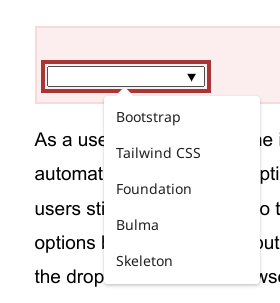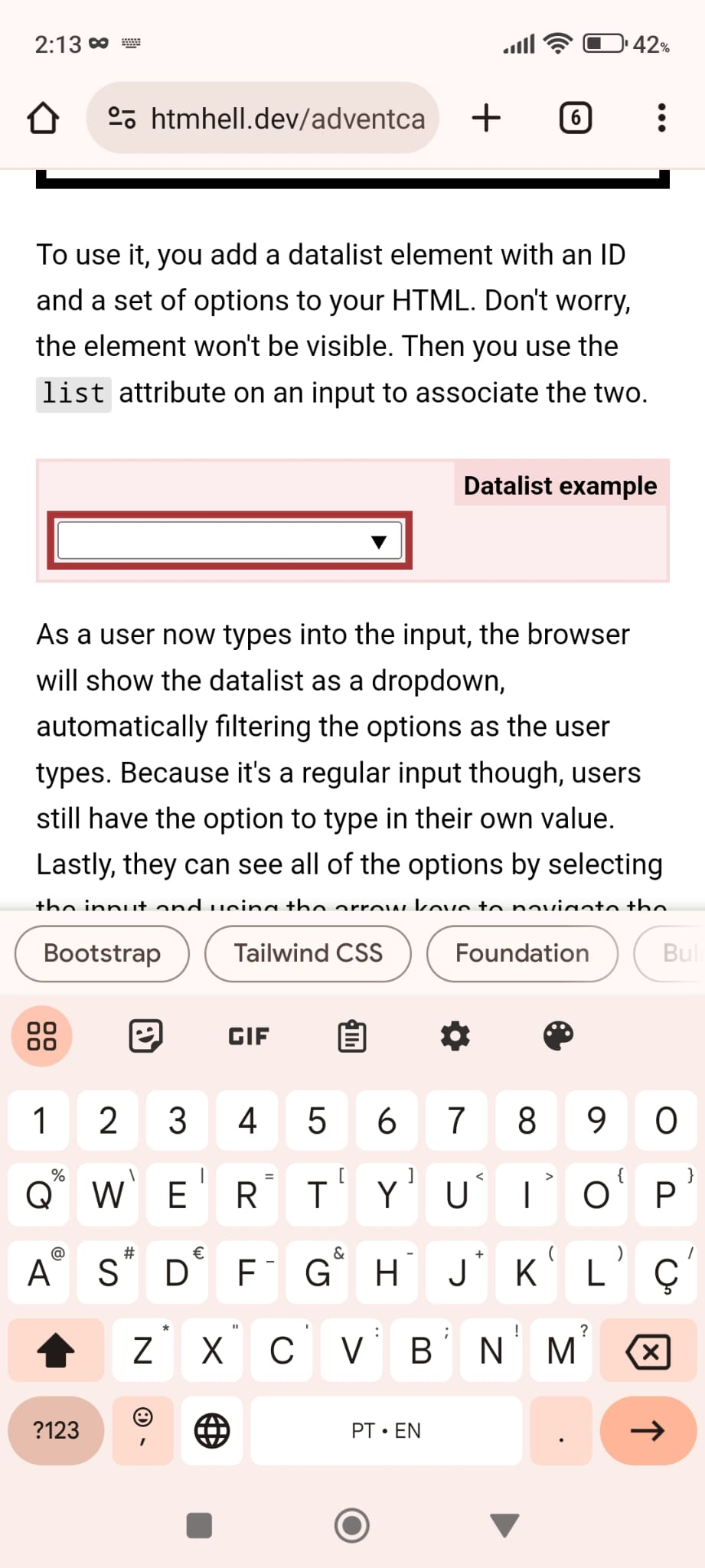

Sure, but even in those “few cases” Testing will get them soon.
I did read at some point that Testing may receive security updates later than stable, might be in those cases in which backports come straight from unstable.


Sure, but even in those “few cases” Testing will get them soon.
I did read at some point that Testing may receive security updates later than stable, might be in those cases in which backports come straight from unstable.


I don’t recommend going for (Debian’s/Devuan’s) testing (branch) as it targets a peculiar niche that I fail to understand; e.g. it doesn’t receive the security backports like Stable does nor does it receive them as soon as Unstable/Sid does. Unstable/Sid could work, but I would definitely setup (GRUB-)Btrfs + Timeshift/Snapper to retain my sanity.
From https://backports.debian.org/ :
Backports are packages taken from the next Debian release (called “testing”), adjusted and recompiled for usage on Debian stable
So by definition, security backports in stable are present in Testing in the form of regular packages, right?
I remember having some issue like that, but I’m not sure if this was the fix.
Try unchecking “Show desktop notifications when the song changes” on Spotify’s settings (right now it’s under the Display section).

Makes sense, thanks.
New to Linux: in which case would you stick with an “old-old-stable” release?
Software incompatibility?


Fellow PT-PT ISO user here. And although I use PT-PT in the OS, both my mechanical keyboards’ physical layout is DE ISO, which has most special symbols in the same place. (finding DE keyboards is easier)
I’ve considered switching to UK ISO before. Typing brackets “[] {}” and a semicolon “;” is harder in PT-PT.
Especially the curly brackets {}, which are really awkward to type with my small hands.


One that is written in C and also has a Python module: https://aubio.org/


Not a fan of datalist:
select:
Somewhat liked Chrome’s implementation in Android:

I don’t agree with the problem they aim to solve with those goals.
But today it takes several years of mastering tools and frameworks to get to that stage. HTML First principles should allow people to unlock that feeling, and level of mastery, much earlier on in their coding journey.
The onboarding process can be made easier for devs new to the project (junior or senior) with decent documentation. Just enough install/build the project in their local machine and understand the gist of the technologies.
May be a coincidence, but it stopped launching for me too. Worked Monday and Tuesday, yesterday I didn’t try to play, today it didn’t work.
Tried:


Makes sense, thank you for the clarification.
It is also a file browser.
And apparently also supports FTP/SFTP, quite nifty.


I’m new-ish to Linux and new to Debian, but I literally just did a (second) Debian 12 install, so I have one note about your Firefox’s documentation, specifically about “chromium’s suggestion” when uninstalling Firefox. https://makedebianfunagainandlearnhowtodoothercoolstufftoo.computer/doku.php?id=start:firefoxesr
Besides Firefox ESR, it came bundled with “Konqueror”. Don’t know if it depends on your installation’s configuration, though. I selected to install “non-free” software, if it helps. So for me it didn’t complain when I uninstalled Firefox ESR, it just set Konqueror as the default web browser


From the F1 channel, here it is in action (shakedown test).


I don’t know if we’re discussing semantics. A performance score is attributed, and before the fix their scores were all 166. It doesn’t work, as you said. So the consequence is the preferred core being “random”, isn’t it?


Apparently there’s a bug in an AMD’s driver. It was supposed to assign processes based on each core’s self reported performance, but because of the bug it was random.
This “self reported performance” is based on evaluation done to the cores in the fab process, by AMD. Meaning, due to imperfections some cores are a bit better than others.
Ok, I understand what you meant, thanks.
Yeah, I wouldn’t run it in a production environment.